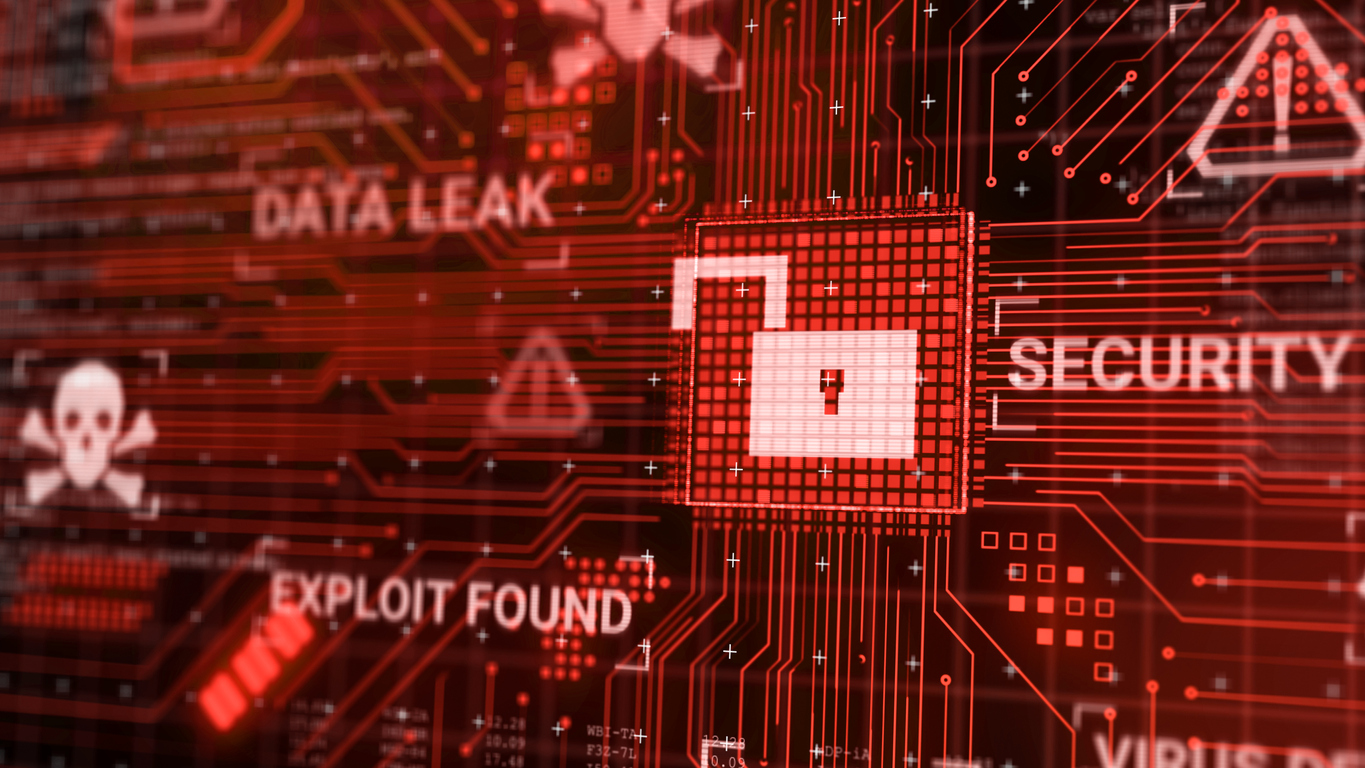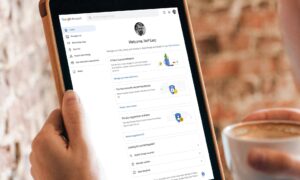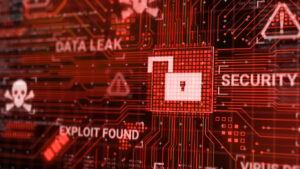
Hacker attack computer hardware microchip while process data through internet network, 3d rendering insecure Cyber Security exploit database breach concept, virus malware unlock warning screen
Self-deleting notes, also known as ephemeral messaging or disappearing messages, are a type of communication where the content automatically erases itself after a predetermined time. Unlike traditional notes or messages stored indefinitely, self-deleting notes are designed to exist only for a limited time. Once the set time expires, the note vanishes from both the sender’s and recipient’s devices, leaving no trace behind. This feature provides high privacy and security, ensuring that sensitive information doesn’t linger and becomes vulnerable to unauthorised access.
Reducing the risk of data leaks
When sensitive information is shared through traditional means, such as email or standard messaging platforms, it remains stored on servers and devices indefinitely. This prolonged storage increases the risk of data leaks, as hackers or malicious actors have more time to exploit vulnerabilities and gain unauthorised access to the information. In contrast, self-deleting notes significantly reduce this risk by automatically erasing the data after a short period. Even if a breach occurs, the likelihood of the sensitive information being compromised is much lower, as it no longer exists in the system.
Mitigating the impact of breaches
In the unfortunate event of a data breach, self-deleting notes mitigate the impact. This data is then utilised for malicious activities, such as identity theft, financial fraud, or blackmail. However, the damage can be effectively contained if the compromised data includes self-deleting notes. Since the notes are automatically erased after a set time, the stolen information becomes useless to the attackers. This limits the potential harm and reduces the overall impact of the breach on individuals and organisations.
Protecting confidential communications
Self-deleting notes help protect confidential communications, such as sensitive business discussions, legal matters, or personal conversations. In many industries, communicating securely is essential to maintain confidentiality and protect trade secrets. Self-deleting notes provide a secure channel for these discussions, ensuring that the information is only accessible to the intended recipients for a limited time. This feature is precious for professionals dealing with susceptible data, such as lawyers, healthcare providers, or financial advisors. By using self-deleting notes, they maintain the confidentiality of their client communications and prevent unauthorised access or leaks.
Encouraging responsible data handling
The use of self-deleting notes also promotes responsible data-handling practices. When individuals and organisations know that their messages and notes will automatically disappear after a specific time, they are more likely to be cautious about the information they share. This encourages a mindset of data minimisation, where only necessary information is shared, and sensitive details are avoided unless essential. By fostering a culture of responsible data handling, self-deleting notes help reduce the overall risk of data leaks and breaches.
Best practices for using self-deleting notes
- Choose a reputable and secure platform – Select a self-deleting note service that employs strong encryption, has a proven security track record, and undergoes regular audits.
- Set appropriate expiration times – Determine the optimal expiration time for your notes based on the information’s sensitivity and the communication’s urgency.
- Educate users – Ensure all participants understand how self-deleting notes work and the importance of responsibly handling sensitive information.
- Combine other security measures – Use self-deleting notes with other security practices, such as strong passwords, two-factor authentication, and regular employee security training. If you find the need for more details, visit https://notesonline.com/.
By staying informed, proactive, and vigilant, we take control of our digital footprint and ensure that our sensitive information remains secure in the face of evolving threats.






